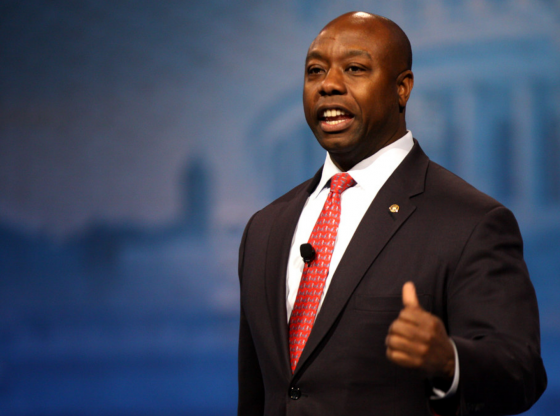After the Supreme Court’s decision to overturn the landmark case Roe v. Wade last summer, Democratic candidates to office have used the ruling to rally support during the midterm elections. Relying on polling data that shows a majority of Americans to oppose the high court’s decision, campaigners have adopted a strategy by which they have delivered a focused message, through ads, that is expected to motivate voters to oppose the mostly pro-life Republican candidates. Recent data suggests that the strategy might not deliver the desired results.
The same Marist poll that found most Americans identify as “pro-choice” also reported that 71% of Americans support legal limits on abortion. Marist gave Americans six options on abortion, and most of them favored at least some restrictions. Only 17% agreed with the position that “abortion should be available to a woman any time she wants one during her entire pregnancy.” Some supported allowing abortion only during the first six months (12%), only during the first three months (22%), or only in cases of rape, incest, or to save the mother’s life (28%). Others said abortion should only be legal in cases where the mother’s life is threatened (9%), while 12% said it should never be allowed at all. (The Daily Signal)
Whereas the Democratic strategy calls for abortion at any stage of pregnancy, up to and including the moment of birth, a majority of Americans says there need to be restrictions on the procedure, be it after 15 weeks’ gestation, or by limiting abortions to cases of rape, incest, or when the mother’s life is at risk. At the legislative level, Democrats are proposing law that contradicts the will of the American people.
Yet most Democrats, and Biden himself, have repeatedly advocated for legislation like the Women’s Health Protection Act, a bill that goes further than Roe v. Wade. While Roe allowed abortions up to the point where an infant can survive outside the womb, the Democratic bill states that the right to abortion “shall not be limited or otherwise infringed,” and gives abortion providers the authority to determine whether or not a pregnancy is considered “viable,” essentially abolishing any limit. Forty-six Senate Democrats voted for the bill, and every Democrat in the House except one voted for it. (The Daily Signal)
Although underreported by poll results, another factor of the abortion debate that many Americans have opposed in the past is the taxpayer funding of the procedure. Democratic lawmakers have been proposing, for a number of years, legislation that would overturn the 1976 Hyde amendment that protects taxpayers from unwittingly financing abortions.











